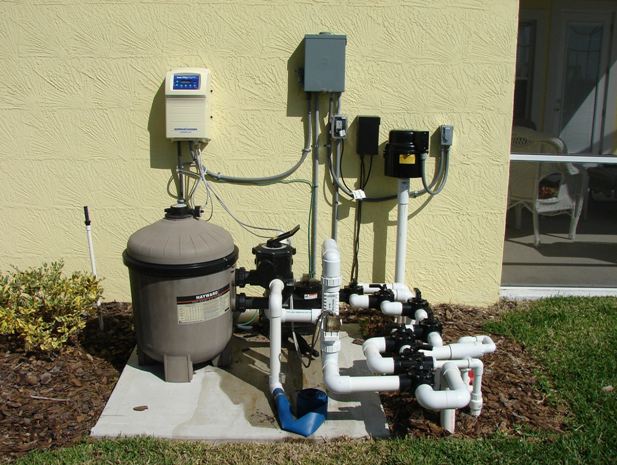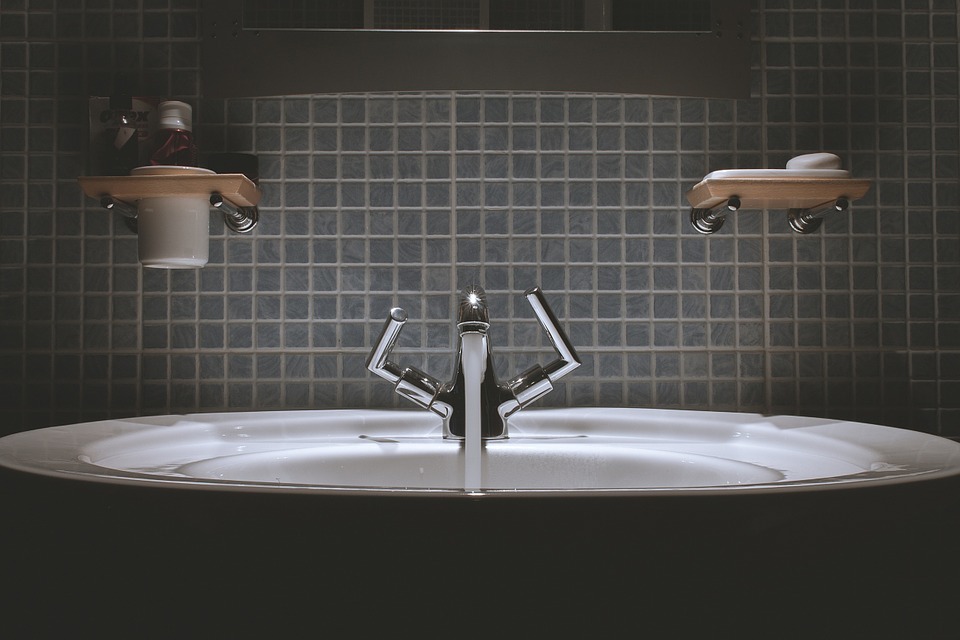Most people associate water filtration with tap water used for drinking. However, depending on the contamination levels, it is also important to filter the water used for showering or brushing teeth. The reason for this being that when you are taking a shower, it is highly likely that you are scrubbing and scratching. If the water coming from your shower is full of chemicals or bacteria they can get into your skin and cause skin diseases such as eczema or ensure other pathogens infiltrate your body through your skin. Further, when showering water can still enter your respiratory system through your mouth and nose. Similarly, for your bathroom tap, you use the water when brushing your teeth, so if there are pathogens in it, they can still enter your body even though you spit the water out. Thus, heaving a proper shower head and bathroom tap that filter these contaminants is just as important as having a tap water filtration system for drinking.
Risks Associated With Bathroom Water
Treatment plants add chlorine to their water to destroy viruses and pathogens that may live in it. High levels of chlorine in the water increase the risks of respiratory problems like asthma. Chlorine can also cause skin irritation in the airways, especially to children and babies. Additionally, chlorine is associated with poor cardiovascular health and aids in the creation of products such as haloacetic acids or trihalomethane which is shown to increase the risk of cancer in humans. Further, studies have shown that the human skin can absorb chlorine into the bloodstream just as if you are drinking it. Thus, taking a shower and washing your hands in the bathroom with water that contains high amounts of chlorine can be detrimental to one’s health. Chloramines are chemicals found in the water supply which are a mixture of chlorine and ammonia used for purifying the water. Unfortunately, this substance is even more irritating to the breathing airways and lungs. What most people do not know is that millions of microorganisms and bacteria are gathered inside an unfiltered shower head and pipe ready to come down on you every time you turn on the faucet. Studies done have shown that at least 60% of showerheads contained bacteria, such as mycobacterium avium, which is a pathogen known for lung disease. Therefore, ensuring that your shower head and bathroom faucet taps are well filtered are just as important as your kitchen tap for drinking water.
Besides bathroom, you may also want to get filtered water in the kitchen and in other areas of your home, and this is possible with the house of a whole-house water filter system. Check out our article on What To Look For When Investing In Whole House Water Filter Systems for more information.
Bathroom Water Filtration Solutions
In today’s society, people can pick and choose thousands of filters and brands for their showers. Each filter type has pros and cons therefore it is important to know what it is that you are most worried about and want to filter out before deciding on the type. Most shower filters that are reviewed by experts and considered the best include carbon filters, KDF filters, two-stage filters, and vitamin C filters. The following points will explain these filter types more in-depth:
- Carbon shower filters are the most common and very similar to the ones found in Brita for drinking water. They are less expensive due to the cheap cost of the filtration material. However, it has been determined that carbon filters are not very effective at removing contaminants from shower water because they lose their usefulness from the temperature of the water.
- KDF filters use equal parts of two dissimilar metals such as copper and zinc to create an electrical charge. As the running water goes through this filter the chlorine gets separated from the other water molecules and becomes a harmless electrolyte soluble when combined with calcium. The problem with KDF filters is that they do not get rid of chloramines and are ineffective in low-pressure showerheads.
- Two-stage filters have zinc and granular copper that filters out chlorine or other chemicals and a second stage activated carbon filter to remove other pollutants. These filters usually improve the water’s pH balance, so it does not have a taste or foul odor.
- Vitamin C filters are usually the best and most recommended for showerheads. They usually filter out 99% of chlorine in water and also remove chloramines or other sedimentation. These filters have a tube with ascorbic acid, which neutralizes both chlorine and chloramines. The downside is that they are priced and the ascorbic acid tube needs frequent replacement.
Most people do not know that shower water contaminants can be as dangerous as drinking water contaminants. Hence, they should do the proper research into water filtration systems to decrease their risks of skin irritations or other breathing problems. Although no filter is 100% effective, they do help in decreasing exposure and are relatively cheap, so there is no reason to not look into buying one.


